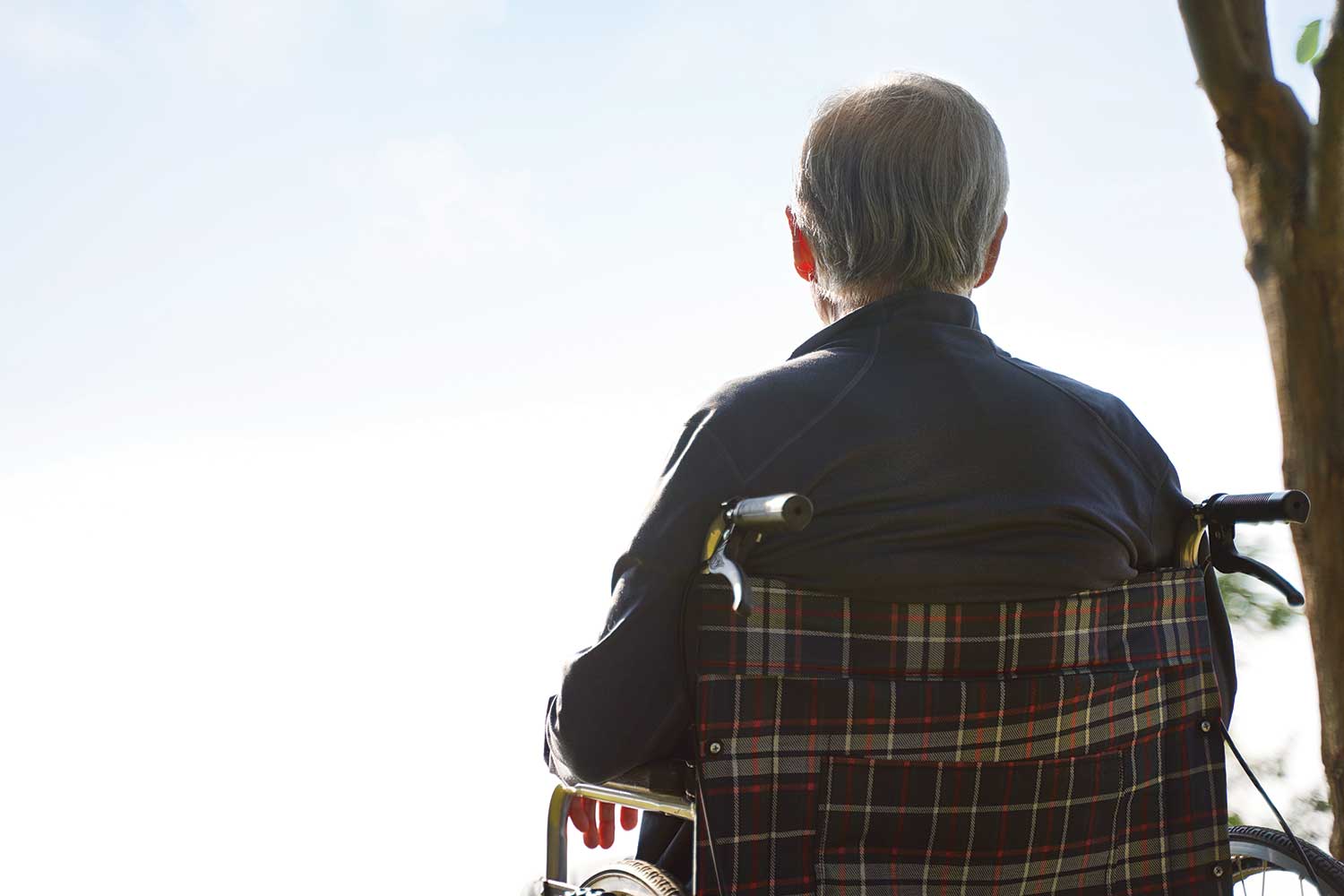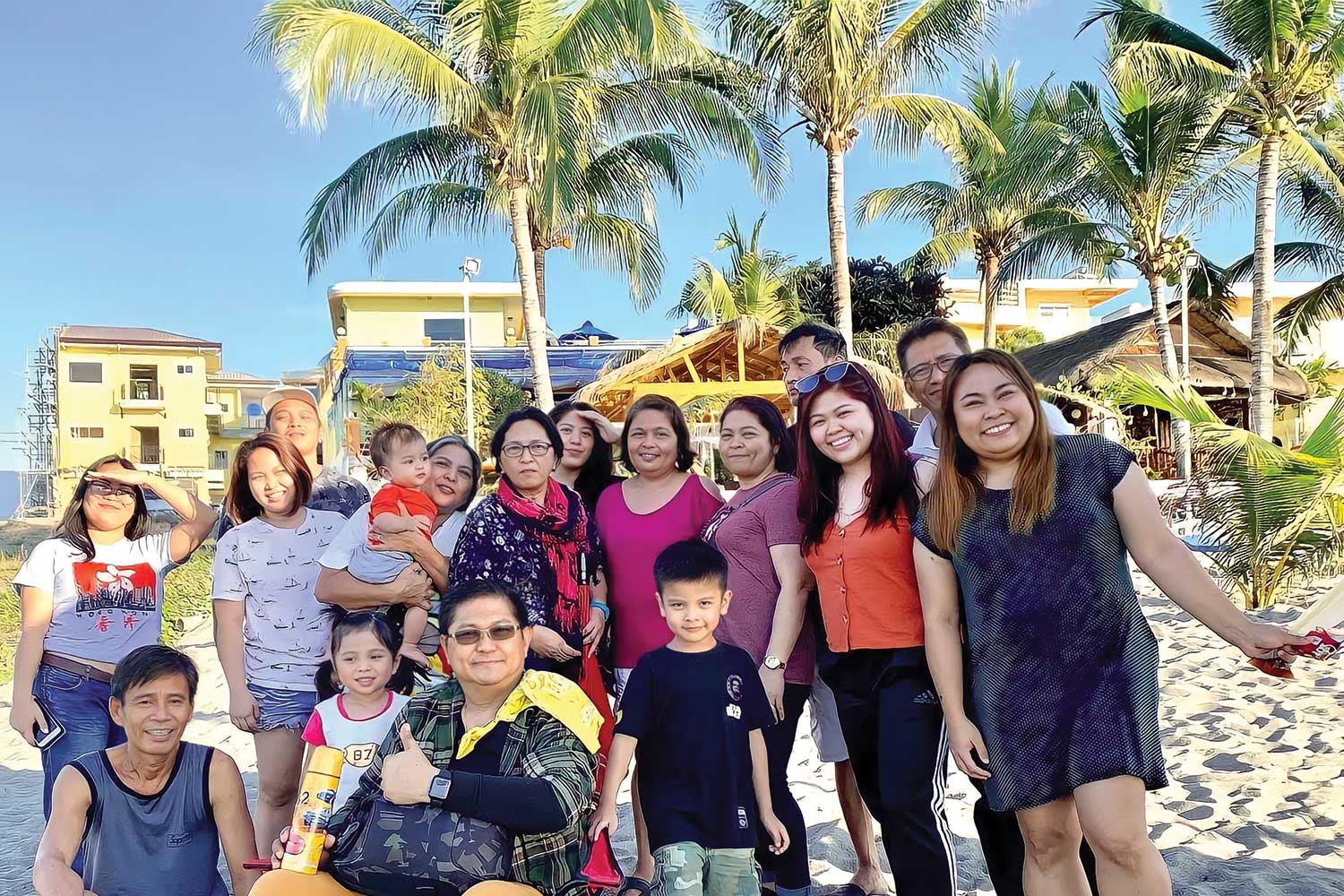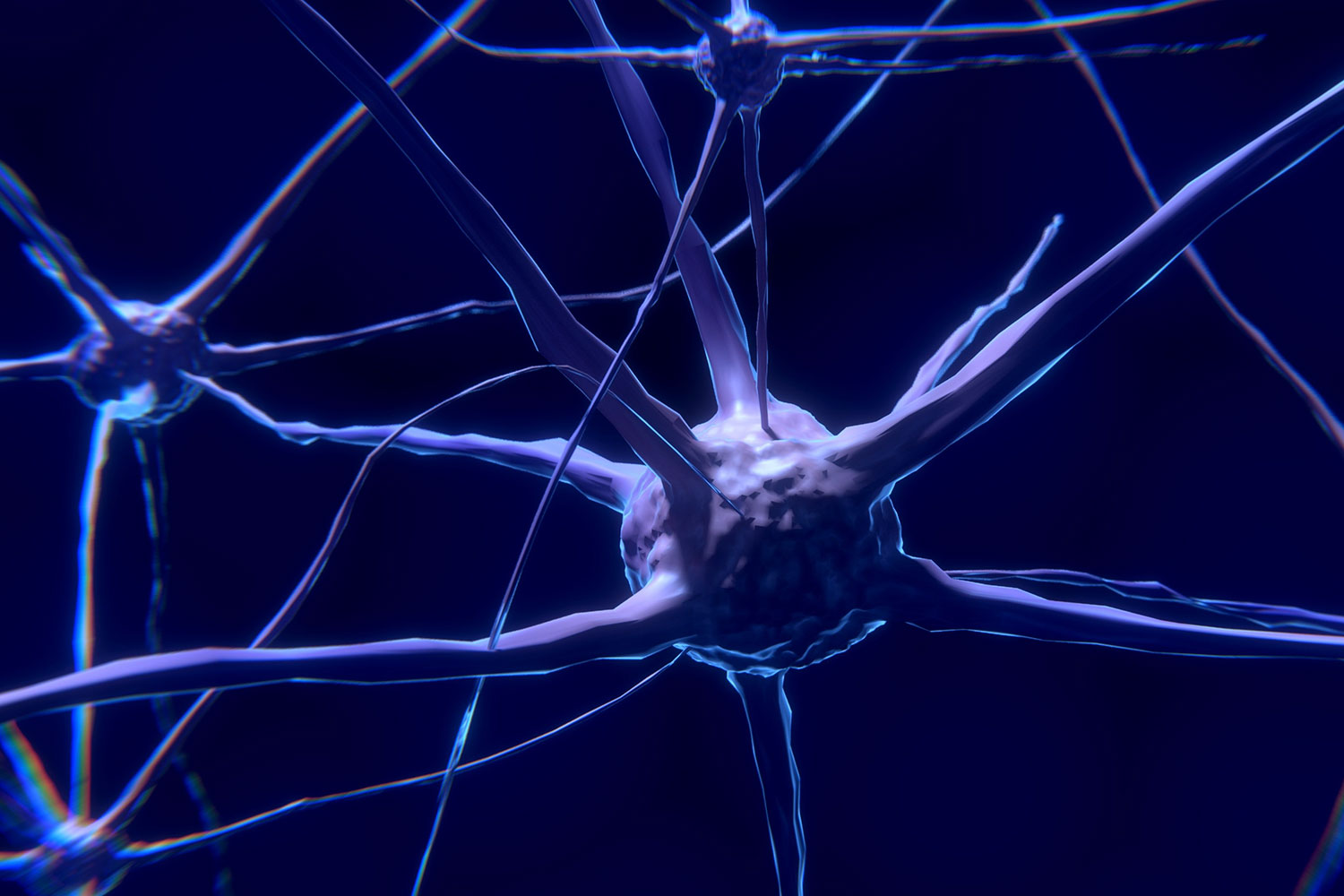
Issue 38 / May 2021
Insights
Love in the Living Years

e lay in the hospital bed, wasted and aged beyond his 50-plus years by cancer and a lifetime of unspoken struggles, no longer able to speak, his complexion the greyish hue of imminent death. Initially labelled as a “loner” without a fixed abode, it was a surprise to discover that he did have a family. In fact, he was married and had children, but had parted ways with them years ago. It was only now, realising that he was not going to leave the hospital, that he began to express his yearning to see his estranged family.
The resourceful medical social worker got to work immediately and managed to contact the family, but by the time they came to the hospital, he was no longer conscious. His children did not want to share much of what happened, but they did write a note in English and Chinese for him. The English version went like this:
Dear Father,
M, W and H came by to visit you yesterday. It’s getting late and we are heading home now.
What’s past is past. Let bygones be bygones. We have already forgiven you. You need not take it to heart.
Rest well and let the past go.
Your children.
They stood by his bedside and read out the note, then put it into his pyjamas pocket. He died two days later. I would like to believe that his spirit heard and felt their words, and he was able to depart with a peaceful heart.
The bonds between parent and child are as old as time, and they are not just biological, but psychosocial, emotional and spiritual. Not everyone has been a parent, but all of us have been children who have had to navigate our relationships with our parents or parental figures. That will be the perspective I will focus on.
So here are some words of reflection to adult children everywhere, based on my observations of parent-child interactions over the years. You, the reader may of course make of them what you will:
Just because your parent does not say “I Love You”, doesn’t mean they do not love you, sometimes both of you aren’t speaking the same language.
In 1992 Gary Chapman wrote a book called “The Five Love Languages: How to Express Heartfelt Commitment to Your Mate” in which he described how individuals in a relationship can differ in the way they express care and concerns. He described the five “Love Languages” as:
|
|
Words of Affirmation |
|
|
Physical Touch |
|
|
Receiving Gifts |
|
|
Quality Time |
|
|
Acts of Service |
While the book referred to romantic relationships, I find the love languages can be observed in any caring relationship. Furthermore, within families there are certain ways of doing things, a family culture. Then there are generational differences. All of which can lead to differences in communication styles and ample opportunities for misunderstanding. Such as “I work hard to give you all the opportunities I never had, doesn’t that show how much I love you?”
A patient’s wife once told me he had never once hugged or cuddled their children, never said “I love you”, but acknowledged that this man of few words was a devoted husband and father. And yet to us, the Palliative Care team, he described his wife as “Number One” and that she had given him three filial daughters. It is ironic that the words a dying person should most say to their family, they find it easier to express to a third party. I have come to realise that it is less about lack of affection and more about feeling awkward about relating to one’s family in an unfamiliar manner. Patients do say things to us that they can’t say to their loved ones, and sometimes my role is to ensure that these expressions of love reach the people they are meant for.
A relationship is always a relationship
Not all parent-child relationships are loving and supportive. I have met a number of people whose growing up years were marked by neglect, manipulation, abuse and/or abandonment. And when that parent was dying or had died—the parent who was absent for years, or who had inflicted verbal, emotional or physical violence on them—they were blindsided by the intensity of grief. Even if they had, in their minds, severed ties with this parent, the pain of loss was palpable. And this loss is often complicated, entangled with years of often unresolved (or partially resolved) parent-child and other issues.
A parent-child relationship is more than skin deep, deeper even than a shared genetic make-up. The death of a parent affects all your relationships, not only with the one who has died, but also with the living.
A parent-child relationship is more than skin deep, deeper even than a shared genetic make-up. The death of a parent affects all your relationships, not only with the one who has died, but also with the living. Often, as an adult child, you not only have to deal with your own grief, but that of your surviving widowed parent. Everything has changed, yet to the outside world, much remains the same.
A lot of the work of bereavement is to “unpack” all those issues and remake those relationships into ones that carry us forward in a positive way.
It’s horrible to have to say goodbye, but at least you have the chance to say goodbye
Ask people what they consider to be a good death, and a good proportion would pick a sudden passing, for example, to go to sleep and not wake up. But for the ones left behind, there is no chance for a final goodbye.
In his book “The Long Ride from Singapore”, my friend and colleague Philip Lau writes about the sudden death of his father from a heart attack, and hearing the news whilst delivering a lecture thousands of miles away in South Africa, where he was training in trauma surgery.
“I remember my Armenian colleague Serguei Darchiev saying something about getting drunk and letting someone else make the arrangements to get me home. Then he drove me back to my rented lodgings and I just sat there. It was around sunset when some of the nurses and residents drove by with the plane tickets. They asked if I was alright and I shook my head. Not being alright was the only thing I was certain of. Then we just sat by the garden and watched the African sun go down, the first without Dad.”
The price of love is loss. Knowing your parent is dying is terribly painful, but it is also an opportunity to prioritise what is important, say what needs to be said, make meaningful memories, and to live every day with purpose. Until the time comes to send them off with a blessing, a contraction of “God Be With You” that we now know as Goodbye.
The Living Years by Mike and the Mechanics
Songwriters: B.A. Robertson / Mike Rutherford
The Living Years lyrics© Peermusic Publishing, BMG Rights Management, Concord Music Publishing LLC
Every generation
Blames the one before
And all of their frustrations
Come beating on your door
I know that I’m a prisoner
To all my Father held so dear
I know that I’m a hostage
To all his hopes and fears
I just wish I could have told him in the living years
Oh, crumpled bits of paper
Filled with imperfect thought
Stilted conversations
I’m afraid that’s all we’ve got
You say you just don’t see it
He says it’s perfect sense
You just can’t get agreement
In this present tense
We all talk a different language
Talking in defence
Say it loud (say it loud), say it clear
(oh say it clear)
You can listen as well as you hear
It’s too late (it’s too late)
when we die
(oh when we die)
To admit we don’t see eye to eye
So we open up a quarrel
Between the present and the past
We only sacrifice the future
It’s the bitterness that lasts
So don’t yield to the fortunes
You sometimes see as fate
It may have a new perspective
On a different day
And if you don’t give up,
and don’t give in
You may just be okay
So say it loud, say it clear
(oh say it clear)
You can listen as well as you hear
Because it’s too late, it’s too late (it’s too late) when we die
(oh when we die)
To admit we don’t see eye to eye
I wasn’t there that morning
When my Father passed away
I didn’t get to tell him
All the things I had to say
I think I caught his spirit
Later that same year
I’m sure I heard his echo
In my baby’s new born tears
I just wish I could have told him in the living years
Say it loud, say it clear
(oh say it clear)
You can listen as well as
you hear
It’s too late (it’s too late) when we die (it’s too late when we die)
To admit we don’t see
eye to eye





